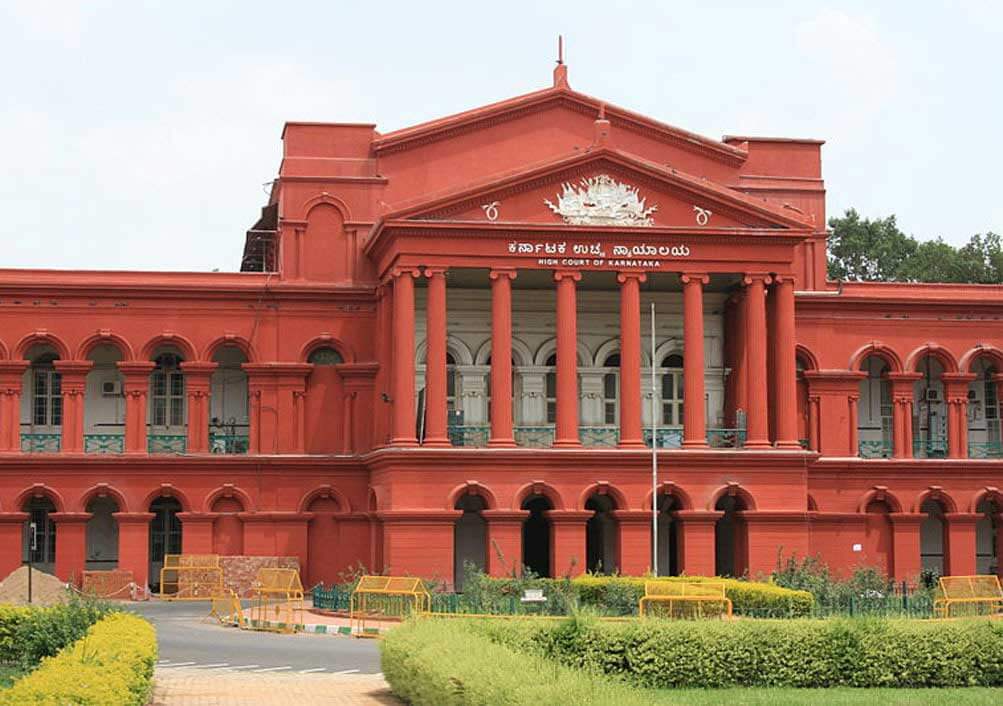Karnataka HC permits cross-examination of rape victim strictly in accordance with Sec.33 of POSCO Act, even though she turned hostile

Read Judgment: State of Karnataka V. Somanna & Ors.
Pankaj Bajpai
Banagalore, March 29, 2022: While dealing with a case where Sessions Judge has declined to permit the State to cross-examine the victim on her turning hostile in a case arising out of the provisions of the POCSO Act, 2012 and Sections 9, 10 and 11 of the Prohibition of Child Marriage Act, 2006, the Single Judge M. Nagaprasanna of the Karnataka High Court has permitted cross-examination of the rape victim strictly in accordance with Section 33 of the POSCO Act, even though she turned hostile.
Going by the background of the case, a complaint is registered for offences punishable u/s 376(n) r/w/s 34 of the IPC, Sections 4, 6, 8, 12 and 17 of the POSCO Act and Sections 9, 10 and 11 of the Prohibition of Child Marriage Act. The complaint was registered on an allegation that second to tenth accused having knowledge that the victim girl was minor got her marriage with first accused who knowing full well that the victim was a minor girl had committed sexual assault on her many a times.
In the course of trial, recording of evidence of prosecution witnesses, the victim turns hostile. On her turning hostile, the State seeks permission of the Sessions Judge to cross-examine the witness. The Sessions Judge having declined such cross-examination drives the State to this Court in the subject petition.
After considering the submissions, Justice Nagaprasanna observed that in terms of Section 33(2) of the POCSO Act, the Special Public Prosecutor or as the case would be, the counsel appearing for the accused shall, while recording examination-in-chief, cross-examination or re-examination of the child communicates the questions to be put to the child to the Special Court which shall in turn put those questions to the child.
Therefore, the victim is permitted to be cross-examined under the POSCO Act itself on her turning hostile which would also cover the situation under sub-section (2) of Section 33 of the POCSO Act, added the Single Judge.
Justice Nagaprasanna found that the Apex Court in the case of Nipun Saxena v. Union Of India, (2019) 2 SCC 703, while interpreting Section 33 of the POSCO Act has held that: “Position of law regarding appreciation of the evidence of the child witness is well settled. A child witness, if found competent to depose to the facts and if her version is reliable, such evidence could be the basis of conviction. The only precaution which is to be taken by the court while appreciating such evidence is to rule out any possibility of tutoring. If the Court is satisfied that the evidence of the child is not the tutored version and if it is found reliable, the same can be the sole basis for conviction”.
The Apex Court in case of Nipun Saxena’s Case (Supra) further held that the State is to be permitted to cross-examine the victim, however, such cross-examination can be only in terms of Section 33 of the POSCO Act which mandates that while cross-examination questions shall be put to the Court and the Court in turn to put the same questions to the victim, added the Single Judge.
Accordingly, the High Court allowed the criminal petition and quashed the order passed by the Principal District and Sessions Judge, Chamarajnagar.
Sign up for our weekly newsletter to stay up to date on our product, events featured blog, special offer and all of the exciting things that take place here at Legitquest.




Add a Comment